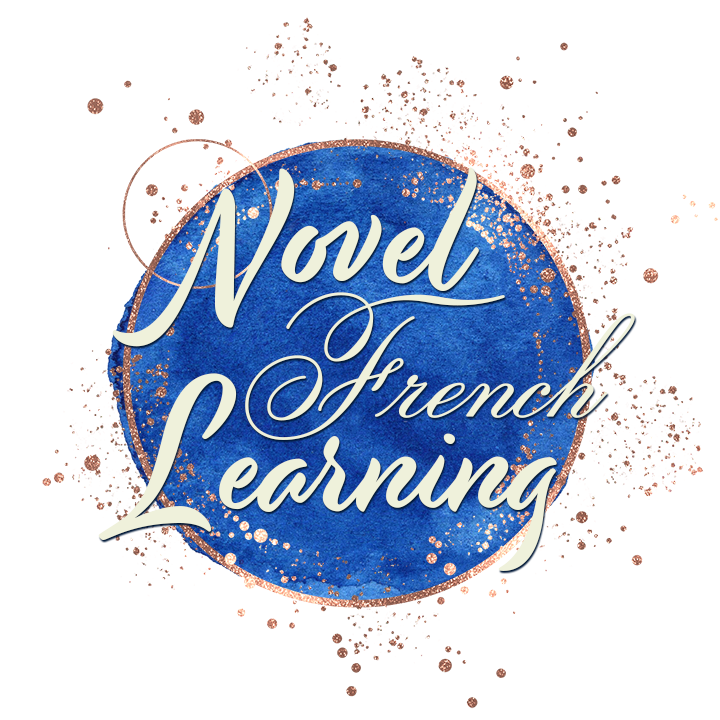
Introduction to Rewriting Texts
While many language programs focus on learning one or two set responses to a specific question, at Novel French Learning we believe in developing a dynamic understanding of French with a focus on developing language fluency, rhetorical skill, and full range of expression. We do this by interacting with and learning directly from French proverbs, historical texts, and literature, as well as modern, day-to-day French. We don’t believe in waiting to do this until you are an advanced student. We want students to be introduced to the very best French from the very beginning. To develop language skills, we will work with manageable texts and manipulate them, making many different changes and playing with the wording—learning grammar and vocabulary in a flexible, intuitive, and meaning-based approach.
This introductory course, Introduction à la réécriture d’un texte (Introduction to Rewriting a Text), is intended for intermediate students or highly-motivated semi-beginners. This particular course is not intended for students just starting out who have no understanding of French grammar or conjugation. If you’re still learning bonjour and un, deux, trois… we recommend visiting les numéros, les couleurs, or la conjugaison des verbes.
Depending on your knowledge of French, some of the grammar in this course may seem easy and some difficult. Don’t ignore what seems simple, and don’t be discouraged by what might seem too difficult. Think about it, try to understand the French, guess at what you think the right answer is. If you don’t know how to give the full answer, type in what you can. Can’t form the full sentence? Try coming up with a few words. Don’t worry about the score. The goal here is to learn, not to get a good grade.
You can always retake a lesson or course—we recommend it. Repetition is essential to language learning. We recommend that the first time you take the course you take it without outside help. Don’t look things up in a dictionary unless you are explicitly told to look elsewhere for information. It’s tempting to go straight to the answer, but it is important to put in the effort to think first before being given an answer. Many of these lessons are designed to trigger specific approaches to thinking about language, and looking up answers too early short circuits this process.
When you do look things up in an external resource, use a dictionary or a language forum. Never use Google translate or something similar. It is tempting for students today to run everything through Google translate—avoid this temptation.
In an exercise, once you see the correct answer (or one possible correct answer), compare it to the question and to your answer, and think it through. Try to extrapolate rules and meaning from the given answer.
Do not think of this as a fill-in-the-blank grammar exercise. The purpose of this exercise is to focus on meaning.
This course is required before you can tackle many of the Novel French Learning subject-specific courses; it introduces the thought processes and methods needed to approach them.
Since this is an introductory course designed to teach some approaches to reading in French, you will find a lot of English instruction and guidance. Be sure to read these instructions carefully, as they will help you throughout the site, not just in this course.


